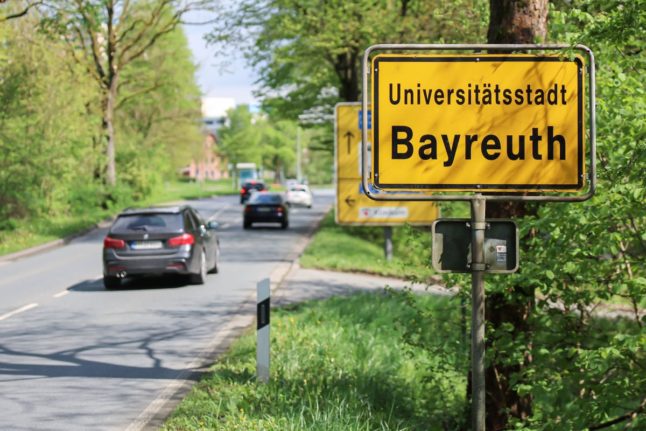The party invitation – apparently sent over Facebook by a 16-year-old – had attracted 1,600 replies before officials decided the event would be too dangerous for the narrow city street where it was scheduled to take place.
The concern comes in the wake of a series of parties organized anonymously on the internet, that have sometimes devolved into chaos and spurred calls for government solutions.
An incident in Wuppertal over the weekend made municipal authorities particularly nervous: 16 people were injured after a Facebook party attracted about 800 revellers and spun out of control.
There have been similar episodes across Germany, including a 250-person shindig in Munich’s subway that terrified normal passengers and a 1,500-person party for a 16-year-old Hamburg girl that turned violent and forced 100 police officers to respond.
Cities across the country have expressed deep concern and are trying to take proactive action against potentially large Facebook parties. Last week, Aachen banned one such party from being held in a city park. Düsseldorf’s mayor has threatened massive fines for people who organize unauthorized parties in city parks.
Officials have discretion to ban such events in advance if there is clear evidence acts of vandalism or violence could occur, although the anonymous nature of social networking makes it hard to do so.
The police union GdP said internet party organizers could be ordered to pay costs incurred by police, fire fighters or paramedics dealing with out-of-control crowds.
This week, another police union DPolG also called on legislators to put new laws in place to make it easier for police to pro-actively ban wild parties in advance.
DAPD/The Local/mdm



 Please whitelist us to continue reading.
Please whitelist us to continue reading.
Member comments